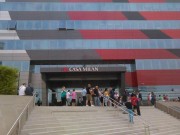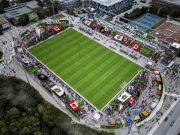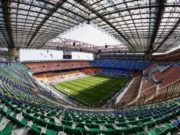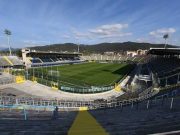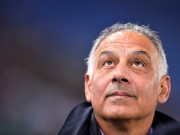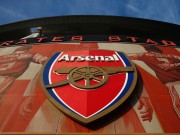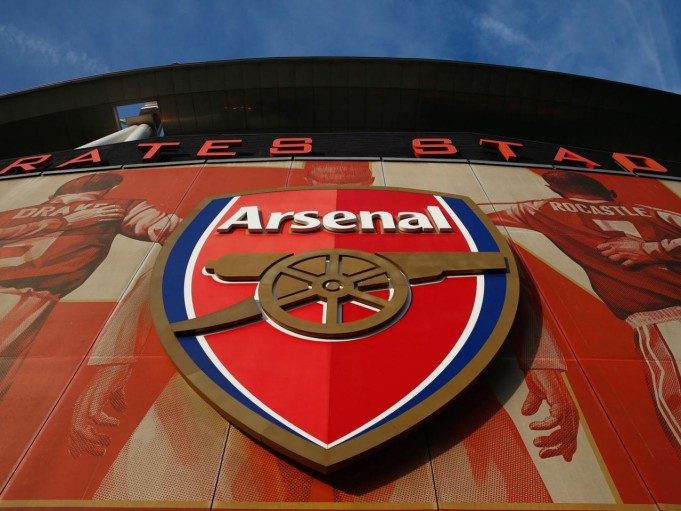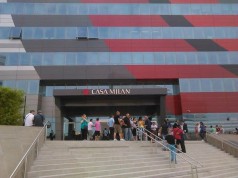Arsene Wenger is facing heavy fan pressure following results on the pitch this season, but off the pitch Arsenal are going from strength to strength. The club’s latest financial report reveals that the Gunners recorded a pre-tax profit of £12.6 million during the six months to November 2016.
This represents a considerable improvement from the previous year, when Arsenal actually posted a pre-tax loss of £6.2 million in the six months leading up to November 2015. Chairman Sir Chips Keswick commented that “the financial results for the first half of the year are robust”, despite having spending a club record £110.5 million on players in the summer.
How did Arsenal post such a profit though? The club brought in a profit of just £6.3 million from player sales, while they spent an additional £11.2 million on player wages (the club’s highest operating cost). Partly it was down to not spending the entire £110.5 million on transfers up front. The club have deferred payments of £64.6 million on transfer fees, with £42 million to be paid in the next 12 months.
Meanwhile there were increases in match day revenue – £45.8 million, up around 10% on 2015, though this was helped by three more home games in the 2016 period – and commercial and retail revenues, which increased around 5% to £57.9 million.
These are only small increases though. What really made the difference in terms of Arsenal’s turnover was, unsurprisingly, broadcasting revenue. In the six months leading up to November 2015, broadcasting revenue came to £60.29 million, but with a new Premier League TV rights deal coming into effect and a larger share of the Champions League market pool this rose to £85.27 million in the current period.
With an increased total turnover from football activities to £191.1 million (compared to £158 million in the six months to November 2015), Arsenal state that they expect to be “fully compliant” with both Premier League and UEFA Financial Fair Play regulations at the close of the year.



